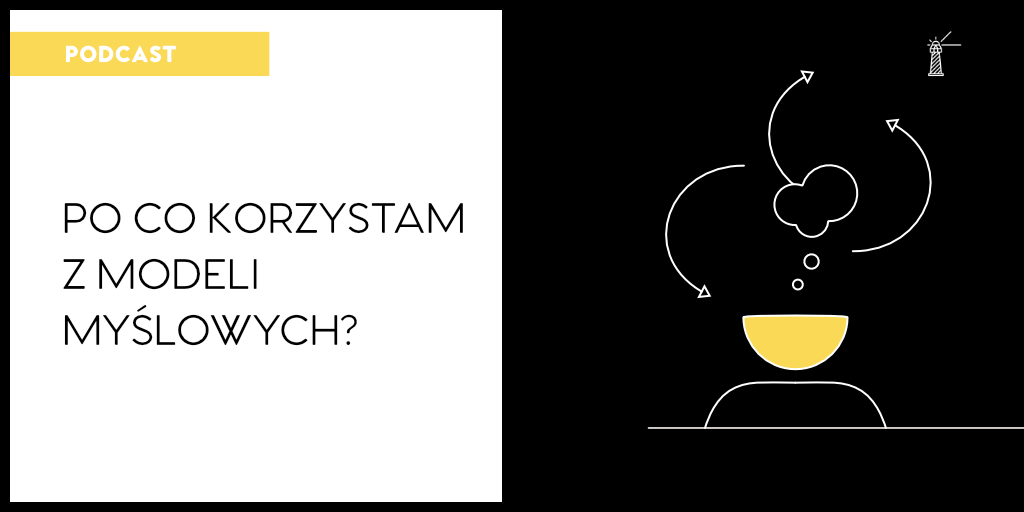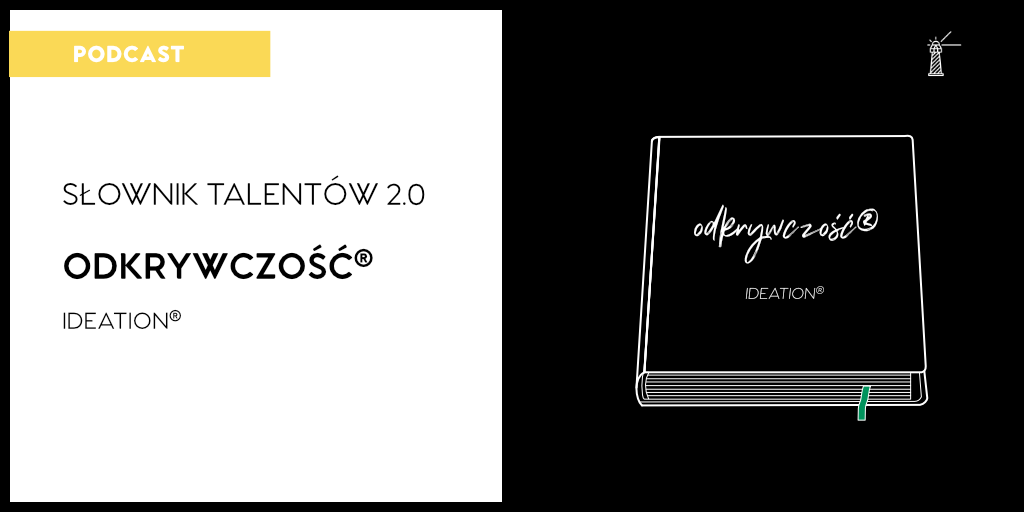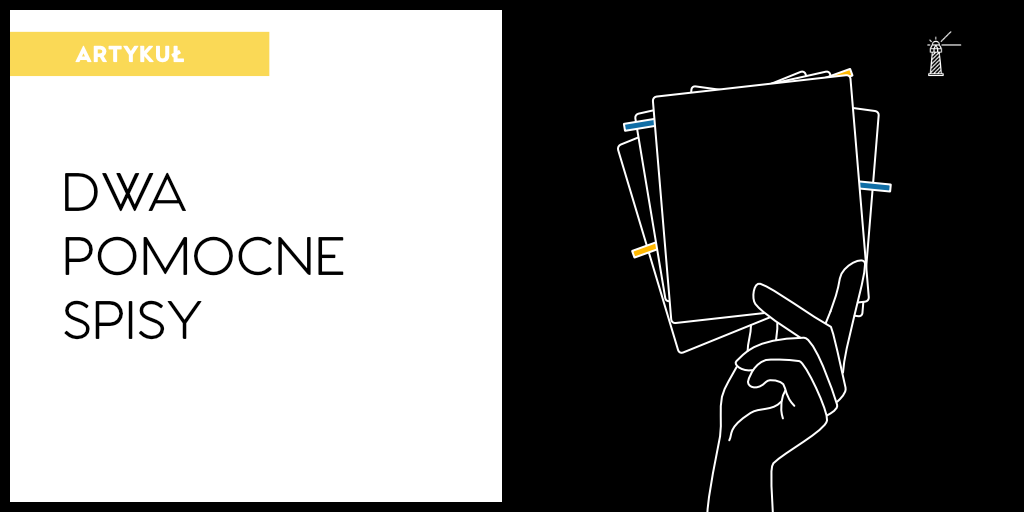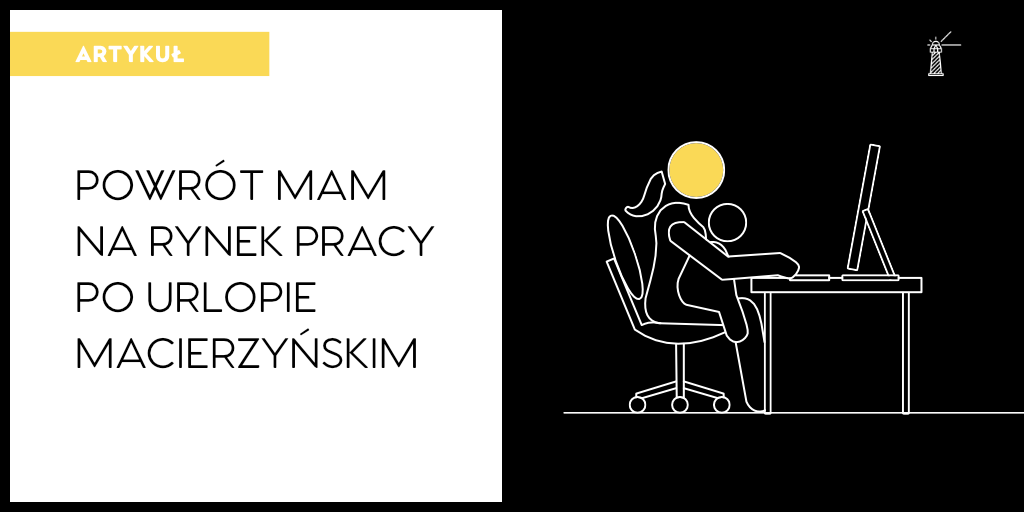

#194 Czy trawa jest bardziej zielona po drugiej stronie granicy?
Podcast: Play in new window | Download | Embed
Zastanawiało mnie, co tak naprawdę sprawia, że po emigracji czujemy się w nowym kraju jak u siebie lub wręcz przeciwnie – obco. Postanowiłem zapytać u źródła. Zaprosiłem do odcinka podcastu Arona (mieszka w Niemczech), Dominikę (mieszka w Norwegii) i Macieja (mieszka w Czechach). Porozmawialiśmy o budowaniu swojego życia w innym państwie, poznawaniu kultury i wsiąkaniu w nią, budowaniu więzi społecznych. Niektóre wnioski moich gości i gościni były dla mnie zaskakujące. Zapraszam Was do posłuchania i do dyskusji! A może Wy też macie takie doświadczenia?




